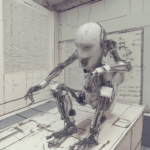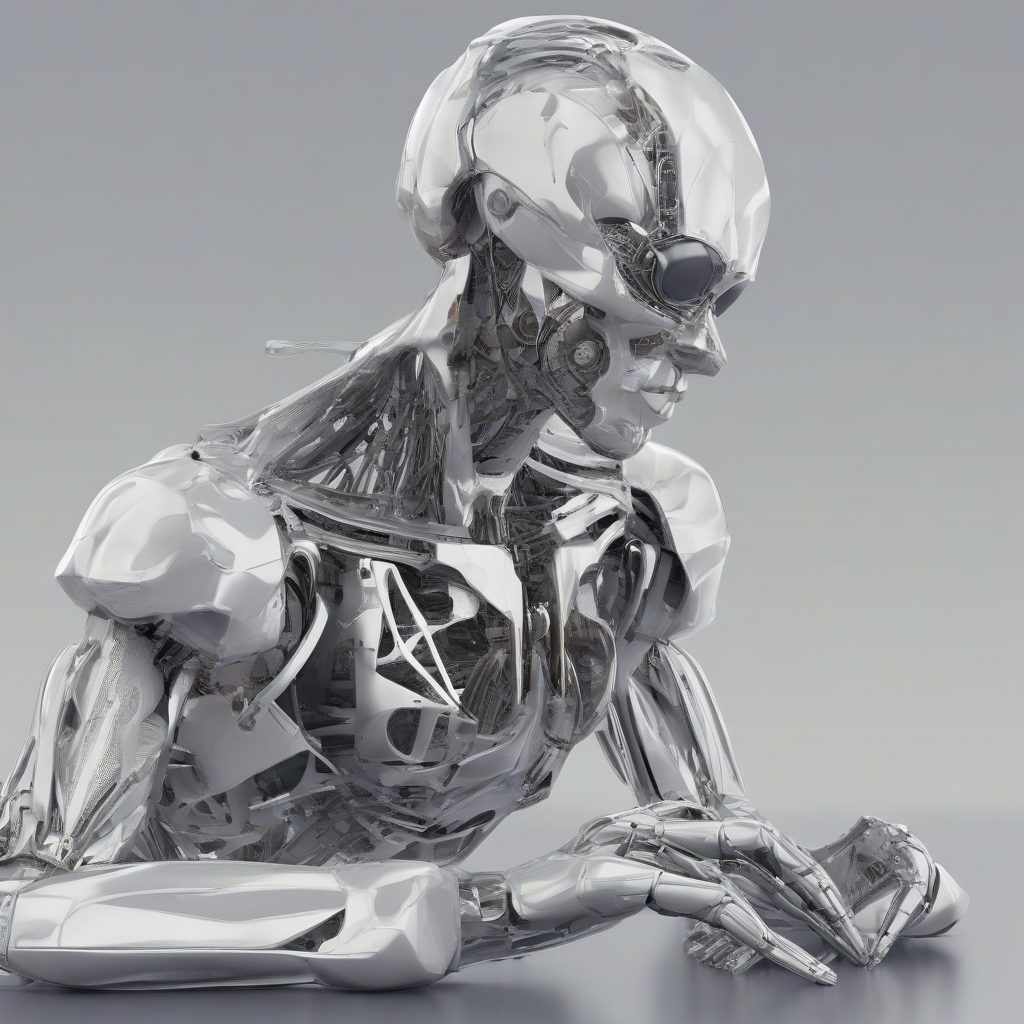How to Tell if Your AC is Broken: A Comprehensive Guide
A malfunctioning air conditioner can turn your home into an uncomfortable and unbearable space, especially during the hot summer months. Recognizing the signs of a broken AC unit early on is crucial to prevent further damage and ensure a swift resolution. This comprehensive guide will equip you with the knowledge to identify common AC problems and determine if your unit requires professional attention.
Signs Your AC Unit May be Broken
The following are some of the most common signs that your air conditioner might be on the fritz:
- No Cool Air: This is the most obvious indicator of an AC problem. If your unit is running but not producing cool air, there could be a variety of issues, including a refrigerant leak, a faulty compressor, or a clogged air filter.
- Warm Air Blowing: If your AC is blowing warm air, it’s a sure sign that something is wrong. The most likely culprits are a refrigerant leak, a malfunctioning compressor, or a clogged air filter.
- Strange Noises: Listen carefully to your AC unit’s operation. If you hear unusual noises, such as rattling, grinding, or banging, it could signify a mechanical problem.
- High Energy Bills: A malfunctioning AC unit can consume more energy, leading to higher utility bills. If you notice a sudden spike in your energy costs, it’s worth investigating your AC system.
- Water Leaks: Water leaks from your AC unit can indicate a problem with the condensate drain, which is responsible for removing moisture from the air. If the drain is blocked or malfunctioning, water can accumulate and leak onto the floor.
- Foul Odors: A burnt or musty smell coming from your AC unit could be a sign of an electrical fault or a mold issue.
- Cycling On and Off Frequently: If your AC unit turns on and off repeatedly within a short period, it might indicate a problem with the thermostat or a refrigerant leak.
Common AC Problems
While the signs mentioned above can indicate a broken AC, they can also be related to other issues that may not require a complete system replacement. Here are some common AC problems and their potential causes:
1. Refrigerant Leaks
Refrigerant is the substance responsible for cooling the air in your AC unit. If there is a leak in the system, the refrigerant levels will decrease, leading to a decrease in cooling efficiency.
Symptoms of Refrigerant Leaks:
- Lack of cool air
- Warm air blowing
- AC unit cycling on and off frequently
- High energy bills
- Frozen evaporator coils
How to Fix Refrigerant Leaks:
Refrigerant leaks require the attention of a qualified HVAC technician. They will need to locate the leak and repair it before adding more refrigerant to the system.
2. Compressor Failure
The compressor is the heart of your AC unit, responsible for circulating refrigerant through the system. A faulty compressor can cause a range of problems, leading to a complete system failure.
Symptoms of Compressor Failure:
- No cool air
- Warm air blowing
- Strange noises from the unit (grinding, clicking, rattling)
- AC unit not turning on
How to Fix Compressor Failure:
A faulty compressor usually requires replacement. An HVAC technician will diagnose the issue and provide a repair quote.
3. Clogged Air Filter
The air filter is responsible for trapping dust, dirt, and other debris from the air. A clogged filter can restrict airflow, leading to decreased cooling efficiency and potential damage to your AC unit.
Symptoms of a Clogged Air Filter:
- Reduced airflow
- Warm air blowing
- Increased energy consumption
- Strange noises from the unit (whistling)
How to Fix a Clogged Air Filter:
Replace your air filter regularly, typically every 1-3 months, depending on usage and the type of filter.
4. Faulty Thermostat
The thermostat controls the temperature of your home and tells your AC unit when to turn on and off. A malfunctioning thermostat can prevent your AC from working correctly.
Symptoms of a Faulty Thermostat:
- AC unit not turning on
- AC unit running continuously
- Inaccurate temperature readings
- Difficulty adjusting the temperature
How to Fix a Faulty Thermostat:
Check the thermostat’s batteries if it’s a programmable unit. If the batteries are fine, it may require professional repair or replacement.
5. Electrical Problems
Electrical issues, such as blown fuses or tripped circuit breakers, can also cause your AC unit to malfunction.
Symptoms of Electrical Problems:
- AC unit not turning on
- Blown fuses or tripped circuit breakers
- Burnt or unusual smells coming from the unit
How to Fix Electrical Problems:
Inspect your electrical panel for tripped breakers or blown fuses. If the issue persists, it’s best to call a qualified electrician to diagnose and repair the problem.
Troubleshooting Tips
Before calling an HVAC technician, here are some troubleshooting tips you can try to identify and resolve the issue:
- Check the Air Filter: Inspect your air filter and replace it if it’s dirty or clogged.
- Check the Thermostat Batteries: Replace the thermostat batteries if they’re depleted.
- Inspect the Electrical Panel: Check for tripped circuit breakers or blown fuses. Reset the breakers or replace the fuses as needed.
- Ensure the Power Supply: Make sure the power switch to your AC unit is turned on.
- Clear Any Obstructions: Remove any objects or debris that may be blocking the airflow to your AC unit.
When to Call a Professional
While some simple troubleshooting can be done at home, it’s best to call a qualified HVAC technician in the following situations:
- Refrigerant Leaks: Refrigerant leaks require professional attention for proper diagnosis and repair.
- Compressor Failure: Compressor failure usually requires replacement, which is best handled by a trained professional.
- Electrical Problems: Electrical issues can be dangerous and should always be addressed by a qualified electrician.
- Persistent Problems: If you’ve tried basic troubleshooting but the problem persists, it’s a good idea to call an HVAC technician for a professional diagnosis.
Preventive Maintenance
Regular maintenance is essential to prevent AC problems and extend the life of your unit. Here are some preventive maintenance tips:
- Clean or Replace the Air Filter: Clean or replace the air filter regularly, typically every 1-3 months.
- Clean the Condenser Coils: Clean the condenser coils with a coil brush or water hose to remove dirt and debris.
- Inspect the Condensate Drain: Ensure the condensate drain is clear and free of obstructions.
- Schedule Regular Inspections: Have your AC unit inspected by a qualified HVAC technician at least once a year to identify any potential problems early on.
Conclusion
By understanding the common signs of a broken AC unit, troubleshooting potential problems, and following preventive maintenance tips, you can keep your home cool and comfortable throughout the year. Remember, if you suspect a serious issue with your AC system, it’s always best to call a qualified HVAC technician for professional diagnosis and repair.








